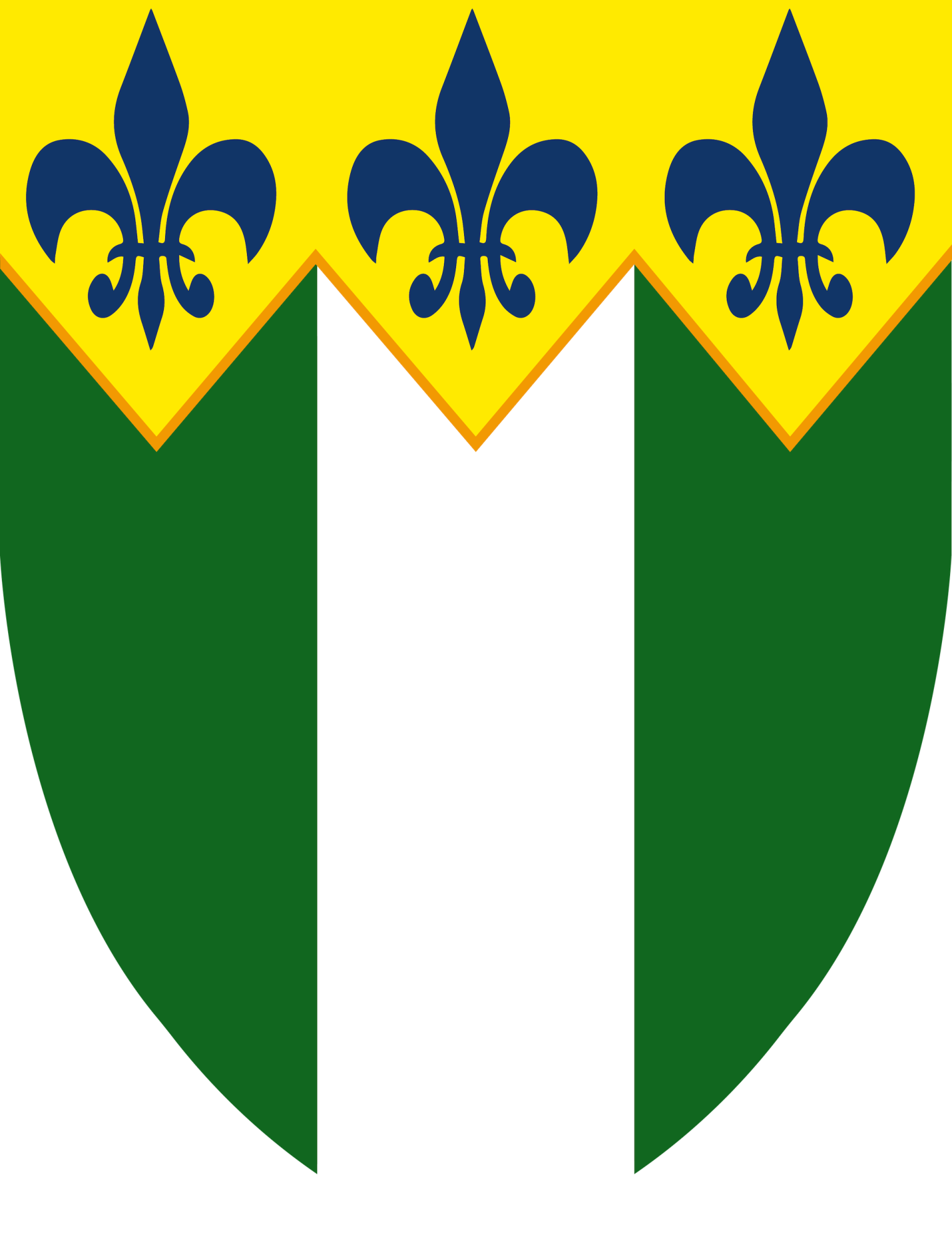Key Stage 3
Curriculum Overview
Please click on the links below for further information:
French
Spanish
GCSE skills:
- Understand and respond to different types of written/ spoken language
- Follow and understand clear standard texts/ speech using familiar language across a range of specified contexts
- Demonstrate understanding by being able to scan for particular information, organise & present relevant details, draw inferences in context and recognise implicit meaning where appropriate
- Identify the overall message, key points, details and opinions in a variety of short and longer passages, involving some more complex language, recognising the relationship between past, present & future events
- Recognise and respond to key information, important themes and ideas in more extended spoken/ written text by being able to answer questions, extract information, evaluate & draw conclusions
- Translate a short passage from French into English and from English to French
- Convey information and narrate events coherently and confidently, using & adapting language for new purposes
- Take part in a short conversation, asking and answering questions, and exchanging opinions & narrate events coherently and confidently
Use accurate pronunciation and intonation to be understood by a native speaker. - Manipulate the language, using and adapting a variety of structures and vocabulary with increasing accuracy and fluency for new purposes, including using appropriate style & register
- Use of a variety of vocabulary & grammatical structures, including some more complex forms, with reference to past, present & future events
- Use creative and more complex language to express & justify their own thoughts & points of view in order to interest, inform or convince
- Speak spontaneously, responding to unexpected questions, points of view or situations, sustaining communication
- Communicate and interact effectively in speech/ writing for a variety of purposes across a range of specified contexts
By the end of year 9, students should be able to:
- Recognise and apply verbs in the present and past tense using both auxiliaries
- Apply near future
- Manipulate language to create more natural flows of language
- Recognise and remember vocabulary of health and express opinions about healthy lifestyles
- Revise and review simple structures using auxiliaries
- Master adjective agreements
- Apply a variety of sentence structures in different context
- Ask and answer confidently questions about the studied topics by developing answers
- Recognise other tenses even if not explicitly studied
By the end of year 8, students should be able to:
- Produce complex sentences about activities they do or like doing
- Use a variety of connectives and adverbs to enrich their productive skills
- Manipulate the present tense with ER and IR verbs
- Use the verb “aller” to form the near future
- Start using past tense structures
- Understand the structure of sentences using opinion verbs or action verbs
- Using the appropriate preposition with different verbs and nouns
- Ask and answer confidently questions about the studied topics
By the end of year 7, students should be able to:
- Recognise some words to describe people
- Use the auxiliary verbs être et avoir in the present tense
- Use a variety of ER verbs in the present tense
- Manipulate the language to use the same structures over different topics
- Understand and manipulate some words such as adjectives to agree them to the nouns they describe
- Produce sentences in writing and speaking
- Extend their writing/ speaking using connectives and complex structures
- Use the language to share ideas and opinions about family, friends and school
- Ask and answer questions about the studied topics
